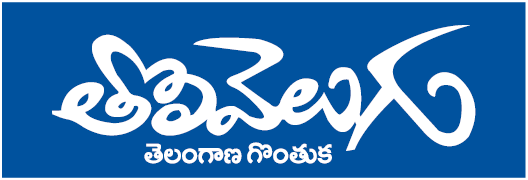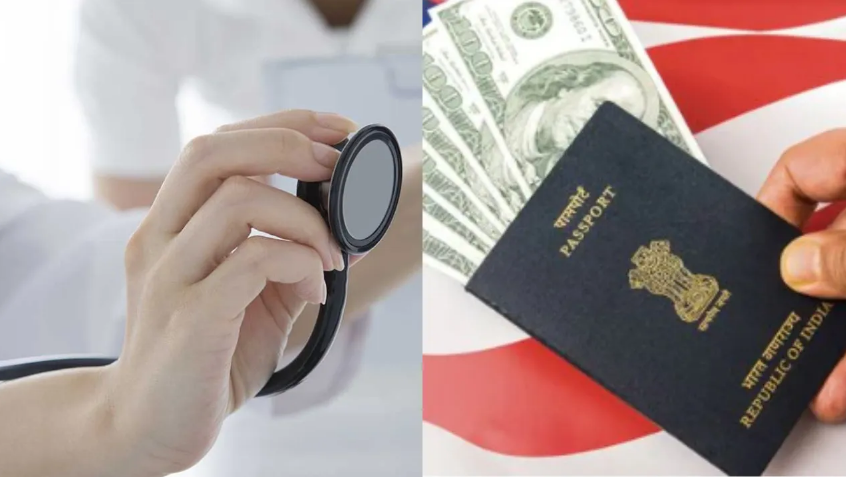Washington: The Trump administration’s proposed hike in H-1B visa fees has sparked widespread concern across multiple sectors in the U.S., as companies warn it could create significant financial and operational challenges. While the increase aims to prioritize domestic employment, firms, particularly in technology and healthcare, have expressed strong opposition. In response, the administration is reportedly reconsidering the plan, with sources indicating that doctors and medical residents may receive exemptions due to their critical role in serving underserved areas.
Healthcare experts emphasize that international medical graduates are essential to the U.S. physician workforce, with leading institutions such as the Mayo Clinic, Cleveland Clinic, and St. Jude Children’s Research Hospital relying heavily on foreign-trained doctors. Officials have been alerted to potential staff shortages resulting from the fee hike, prompting the administration to explore exemptions to ensure continued healthcare services.
The proposed increase, raising H-1B visa fees to $100,000 per worker, could cost U.S. tech companies up to \$14 billion annually, according to industry estimates. Startups, in particular, may face significant financial strain, while some argue that the measure could shift talent to foreign tech hubs. Legal analysts have also noted the possibility of court challenges, suggesting the administration may have exceeded its authority in implementing the fee hike.






